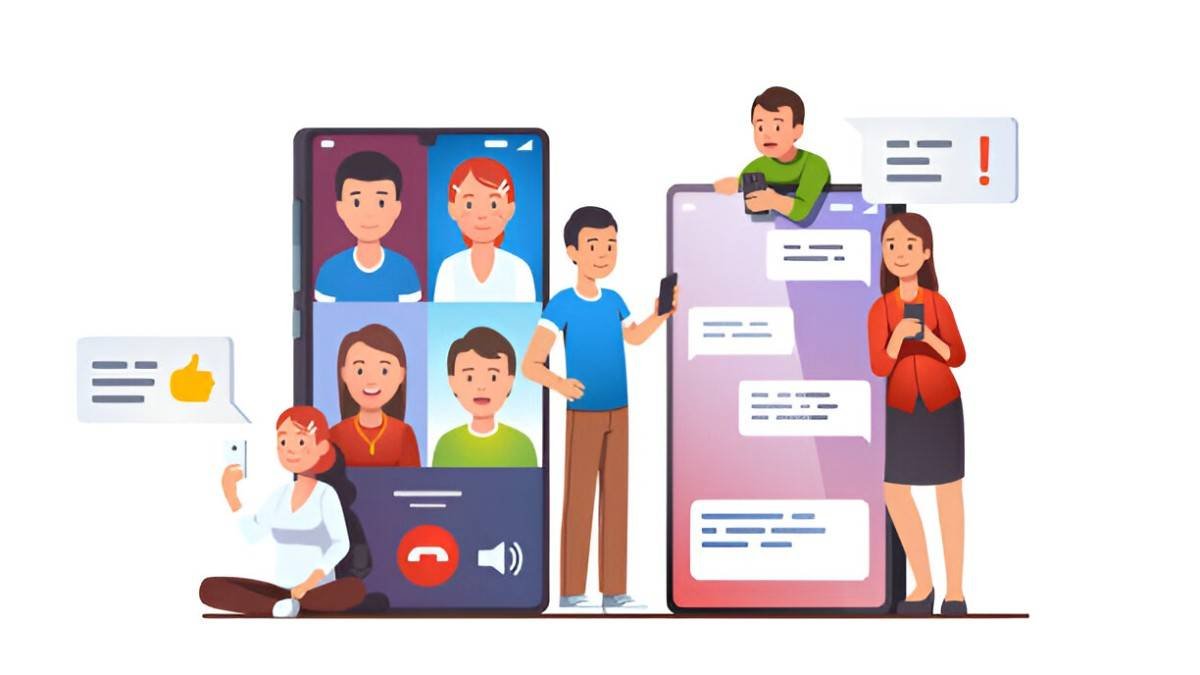When it comes to keeping families connected, technology has transformed the way we communicate. Whether you’re coordinating schedules, sharing moments, or checking in with loved ones, the right app can make all the difference. Over the years, I’ve explored countless family communication tools to find the ones that work best for different scenarios. In this article, I’ll share my findings and help you decide which apps deserve a place on your family’s devices.
Table of Contents
Why Family Communication Apps Matter
Families today are busier than ever. With parents juggling work schedules, children managing school and extracurriculars, and extended family often living miles away, staying connected can feel overwhelming. Communication apps bridge that gap. They allow us to:
- Share updates in real time.
- Coordinate events effortlessly.
- Create a shared space for memories.
- Provide a sense of security and closeness.
What Makes an App Ideal for Family Use?
Before diving into recommendations, it’s essential to understand what features make an app family-friendly. Based on my experience, the most valuable apps typically include:
- Ease of Use: Everyone in the family, from tech-savvy teens to grandparents, should find the app straightforward.
- Privacy Controls: Family discussions are personal. An ideal app prioritizes security and privacy.
- Multifunctionality: Look for apps that handle various needs, from messaging and video calls to reminders and location sharing.
- Affordability: Many families prefer free or low-cost apps that deliver value without stretching budgets.
Now, let’s dive into the top apps, their features, and how they stack up against each other.
The Top Apps for Family Communication
1. WhatsApp
One of the most widely used messaging apps globally, WhatsApp offers a simple yet powerful platform for family communication.
Key Features:
- Text, voice, and video calls.
- Group chats for family members.
- End-to-end encryption for privacy.
- Easy multimedia sharing (photos, videos, documents).
Pros:
- Works on almost all devices.
- Free and ad-free.
- Reliable and fast.
Cons:
- Requires a phone number to sign up.
- Limited organizational features.
2. Google Family Link
Designed with parental oversight in mind, Google Family Link focuses on keeping families connected while ensuring children’s safety online.
Key Features:
- Activity monitoring for kids.
- Screen time limits and app approvals.
- Location sharing.
- Integration with Google accounts.
Pros:
- Built-in parental controls.
- Free to use.
- Supports multiple devices.
Cons:
- Best suited for families with young children.
- Requires a Google account.
3. Cozi Family Organizer
Cozi is more than just a communication app; it’s a complete family organization tool.
Key Features:
- Shared calendars for tracking appointments and events.
- Shopping lists and to-do lists.
- Journal feature for capturing memories.
- Notifications and reminders.
Pros:
- Intuitive interface.
- Keeps everything in one place.
- Works on iOS and Android.
Cons:
- Free version includes ads.
- No real-time messaging or calls.
4. Slack
While initially designed for workplace communication, Slack’s versatility makes it a strong contender for families too.
Key Features:
- Channels for organizing discussions.
- File sharing and integrations with other tools.
- Video and voice calling.
- Custom notifications.
Pros:
- Highly customizable.
- Great for larger families.
- Free tier available.
Cons:
- Can feel overwhelming for smaller families.
- Learning curve for non-tech-savvy members.
5. Life360
Life360 focuses on location sharing and safety, making it ideal for families who prioritize staying physically connected.
Key Features:
- Real-time location tracking.
- Geofencing alerts.
- SOS feature for emergencies.
- Driving safety reports.
Pros:
- Excellent for peace of mind.
- User-friendly interface.
- Free and premium options available.
Cons:
- Privacy concerns for older teens.
- Some features require a subscription.
6. Facebook Messenger
With billions of users worldwide, Facebook Messenger remains a popular choice for families.
Key Features:
- Text, voice, and video calls.
- Group chats.
- Fun features like stickers and games.
- Integration with Facebook.
Pros:
- Easy to use.
- Accessible on most devices.
- Free to use.
Cons:
- Requires a Facebook account.
- Privacy concerns.
Comparison Table
| App | Messaging & Calls | Location Sharing | Organization Features | Free Version | Privacy Focus |
|---|---|---|---|---|---|
| Yes | No | No | Yes | High | |
| Google Family Link | No | Yes | Limited | Yes | High |
| Cozi | No | No | Yes | Yes (with ads) | Moderate |
| Slack | Yes | No | Yes | Yes | High |
| Life360 | Limited | Yes | No | Yes | Moderate |
| Facebook Messenger | Yes | No | No | Yes | Moderate |
Personal Recommendations
Each app brings something unique to the table, but the best choice depends on your family’s specific needs. If staying organized is your priority, Cozi is unbeatable. For families with younger kids, Google Family Link offers peace of mind. If privacy and simplicity are key, WhatsApp is a solid choice. I personally prefer Life360 when it comes to safety and location sharing, especially for families with teens.
Combining Apps for Maximum Impact
In many cases, no single app will meet all your needs. For instance, you could use WhatsApp for messaging, Cozi for organization, and Life360 for location sharing. By combining apps, you’ll create a comprehensive communication ecosystem tailored to your family.
Conclusion
Family communication is essential, and the right apps make it easier than ever to stay connected. By understanding your family’s unique requirements and exploring these options, you can find the perfect tools to keep everyone on the same page. Technology may not replace face-to-face interaction, but it can help us bridge distances and strengthen bonds. What matters most is choosing solutions that bring your family closer together, no matter where life takes you.





